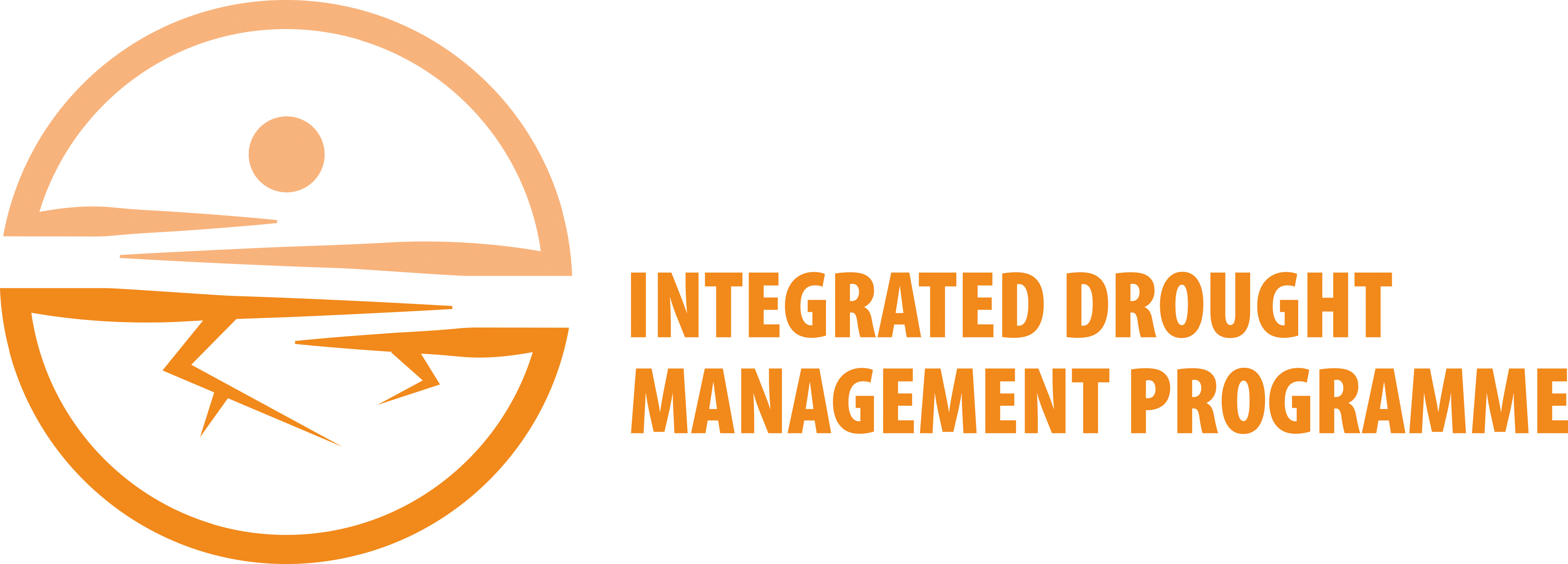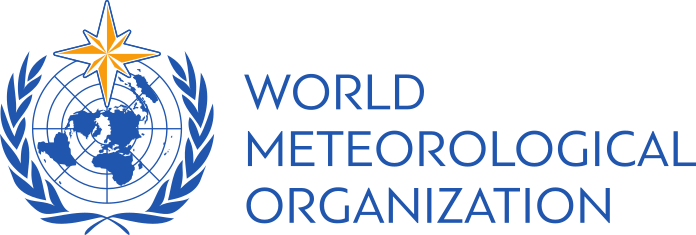We are pleased to announce the winning initiatives of the Global Integrated Flood and Drought Management Competition for Youth-Led Projects 2025!
Selected from an exceptional pool of over 330 proposals from all over the world, the 2025 winning teams are now ready to start implementing their projects:
GreenQuest: Flood Resilience through Gamification and Community Action (Nigeria)
Nigeria is experiencing intensifying climate impacts, especially recurrent floods that displace families, damage infrastructure, and heighten public health risks.
GreenQuest aims to strengthen flood resilience in three high-risk, low-income communities in Lagos – Makoko, Bariga, and Iwaya – by combining gamification, storytelling, and hands-on community engagement. The project seeks to drive behavioural change and improve preparedness by:
- Educating and empowering youth and community members through interactive, game-based learning on flood preparedness, waste management, and early warning systems.
- Reducing flood risk in three highly exposed Lagos communities through nature-based solutions, including rain gardens and permeable pavements.
- Mobilizing youth volunteers to promote proper waste disposal and drainage maintenance through clean-up drives and advocacy campaigns.
- Integrating Indigenous knowledge and local expertise to ensure culturally grounded and locally relevant adaptation strategies.
The leader of this initiative is Ms Grace James, Founder of GreenQuest.
SV4CASH: Smart Village for Climate Action Self-Help (Uganda)
Elegu Town Council is located in northern Uganda along the River Unyama, which overflows each year during heavy rains, causing recurrent flooding across the town.
SV4CASH will empower rural communities to take charge of their own climate resilience by promoting a shift from dependency to self-help and collective local action to better mitigate the impacts of floods. Key components of the project include:
- Youth-led flood vulnerability mapping and community-based early warning initiatives.
- Training programmes that build skills in climate action and sustainable practices.
- Community-driven flood intervention measures, designed and led by residents.
- A strong emphasis on leadership and agency, inspiring a generation of youth who do not wait for solutions but actively create them. From schoolchildren to local council leaders, every community member will have a role in building a climate-resilient community.
The leader of this initiative is Ms Ajok Paska, hydrologist at the Ministry of Water and Environment of Uganda.
These initiatives highlight the dedication of young people working to build safer, more resilient communities in the face of growing climate risks.
Encouraging Youth Leadership in Flood and Drought Resilience
The Global Integrated Flood and Drought Management Competition for Youth-Led projects was established to support innovative, community-driven ideas that address the challenges posed by floods and droughts, in support of the Early Warnings for All (EW4All) initiative. The competition aims to:
- Empower young people with opportunities to design and lead practical solutions for disaster risk reduction, preparedness, and response.
- Strengthen communities’ resilience by supporting initiatives that are rooted in community needs.
- Encourage youth engagement and showcase youth impacts in building flood and drought resilience.
Last Year’s Success
In 2024, two youth-led initiatives carried out in South Africa and Colombia delivered significant and inspiring results.
- Water from a Rock (South Africa) – Led by YouthMappers from the University of Pretoria, this initiative enhanced flood preparedness through youth education, mapping of vulnerable communities, and the creation of a geofencing-based app to alert users entering high-risk flood zones. The project also developed flood risk assessments and mapped emergency routes to support local response planning.
- Collaborative Mapping for Flooding Resilience (Colombia) – Led by SAGEMA and GeoLab YouthMappers chapters in Medellín, this project empowered the Nueva Villa La Iguaná community by training residents in the use of mapping tools and enhancing their disaster preparedness. The team produced the first comprehensive cartographic data for the area and worked with Sistema de Alerta Temprana de Medellín (SIATA) to explore community-informed early warning measures.
The competition is carried out under the banners of the Associated Programme on Flood Management (APFM) and the Integrated Drought Management Programme (IDMP) – joint programmes of the World Meteorological Organization (WMO) and the Global Water Partnership (GWP).


